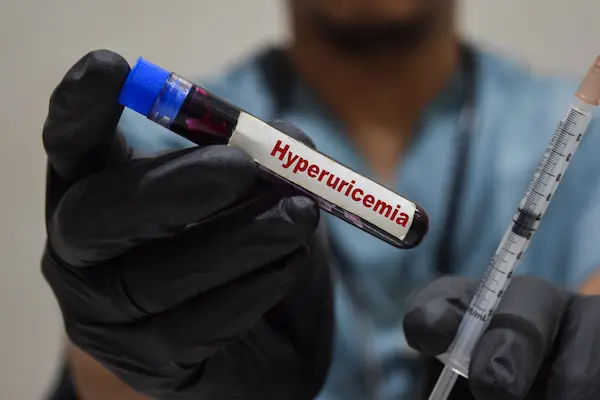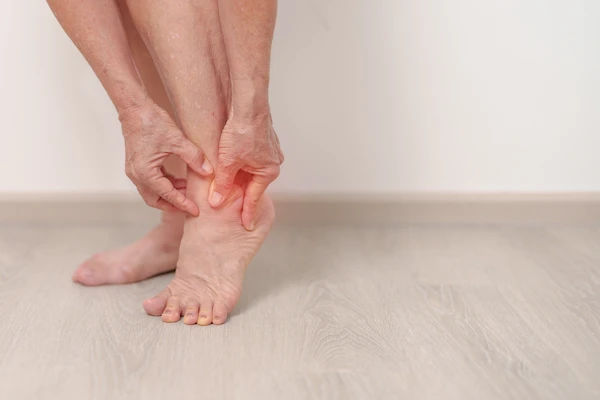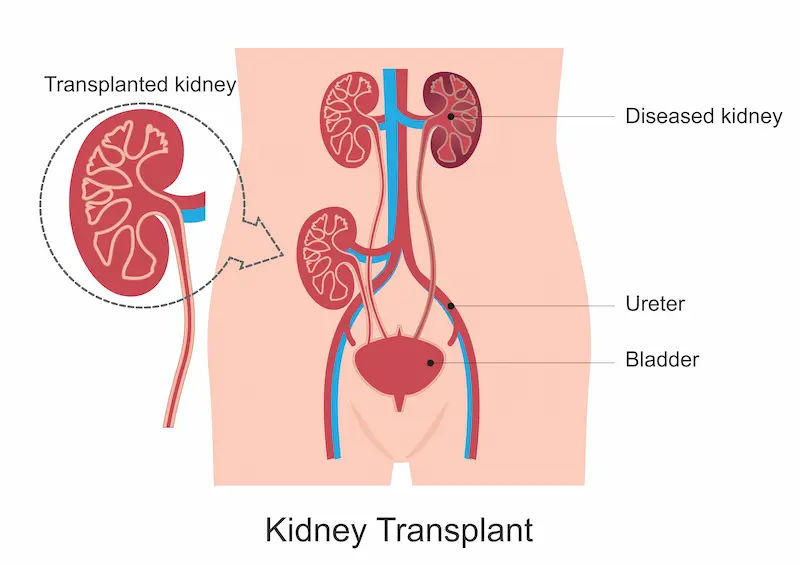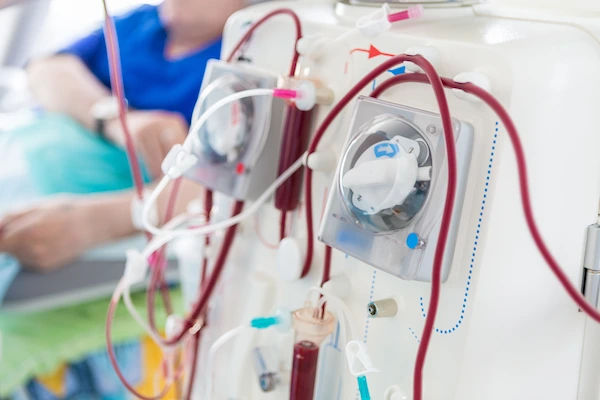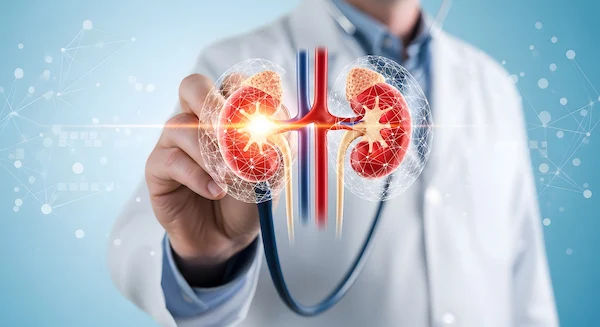Your Complete Guide to Kidney Transplant Recovery: From Hospital to Home
Recovering from a kidney transplant? Explore this complete guide covering hospital care, discharge tips, medication management, diet, exercise, emotional well-being, and red flags to watch for to ensure long-term transplant success.

Written by Dr. Siri Nallapu
Reviewed by Dr. Dhankecha Mayank Dineshbhai MBBS
Last updated on 13th Jan, 2026
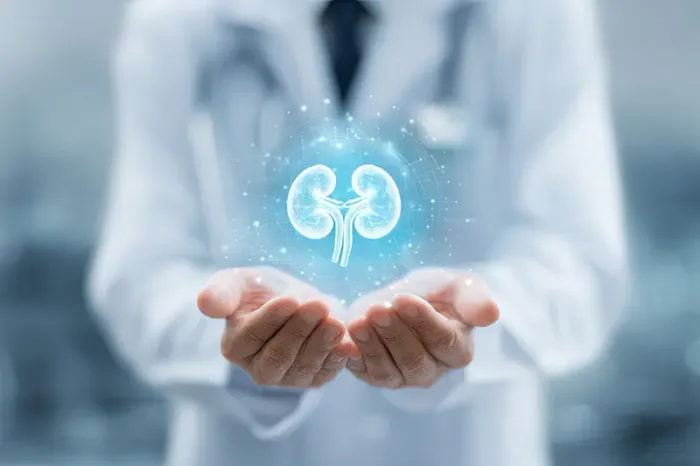
Introduction: A New Beginning
Congratulations on your new kidney! A kidney transplant is a monumental event, offering a second chance at a life free from the constraints of dialysis. However, the surgery itself is just the first step. The journey that follows—kidney transplant recovery—is a crucial period of healing, adaptation, and commitment. This comprehensive guide is designed to walk you through every phase of the recovery process, from the moment you wake up in the hospital to thriving at home for years to come. We’ll demystify medical jargon, provide practical tips for managing post-transplant care, and offer insights into the emotional and physical changes you can expect. Whether you're a patient or a caregiver, understanding what lies ahead is the key to a smooth, successful recovery and a healthy future with your new organ.
Phase 1: The Immediate Post-Operative Period in the Hospital
The first few days after your kidney transplant are spent in the hospital under close medical supervision. This is when your body begins to accept the new organ and the healing process kicks into high gear.
What to Expect in the ICU and Transplant Unit
You will likely wake up in the Intensive Care Unit (ICU) or a specialized transplant unit. You’ll have various tubes and monitors, including an IV for fluids and medications, a catheter to drain urine, and monitors to track your blood pressure, heart rate, and the function of your new kidney. Your new kidney may start producing urine immediately, which is an excellent first sign!
Managing Pain and Discomfort
It's normal to experience pain at the incision site. Your medical team will provide effective pain management through medications to keep you comfortable, which is essential for being able to breathe deeply, cough, and eventually get out of bed.
The First Steps: Walking and Physical Therapy
You'll be encouraged to get moving surprisingly quickly—often within a day of your surgery. A physical therapist will help you sit up, stand, and take a few steps. This is vital for preventing blood clots, strengthening your muscles, and speeding up your overall recovery timeline.
Phase 2: Preparing for Discharge and Going Home
Being discharged is an exciting milestone, but it requires careful preparation. Your transplant team will ensure you and your caregivers are confident before you leave.
Your Discharge Checklist: What You Must Know
You will receive extensive discharge instructions. This includes a detailed medication schedule for your immunosuppressant drugs, knowledge of how to monitor your blood pressure and temperature at home, and a list of warning signs that warrant an immediate call to your doctor.
Incision Care: Keeping Your Wound Clean and Safe
Proper incision care is critical to prevent infection. You’ll receive specific instructions on how to keep the area clean and dry, when you can shower, and what signs of infection (redness, swelling, warmth, or drainage) to look for.
bab64064-cb6a-473f-8dad-e55eaebbef30
Setting Up Your Home for a Smooth Recovery
Prepare your home in advance. Create a comfortable resting area, stock up on groceries that align with your new kidney transplant diet, have your prescriptions filled, and arrange for help with chores and transportation to your many follow-up appointments.
The Pillars of Long-Term Transplant Success
Immunosuppressant Medications: Your Lifeline
These anti-rejection drugs are the most important part of your post-transplant care. They suppress your immune system to prevent it from attacking the new kidney.
• Timing and Dosage: Why Consistency is Critical: Taking your medication at the exact same time every day without missing a dose is non-negotiable. Set alarms and use a pill organizer.
• Common Side Effects and How to Manage Them: Be aware of potential side effects like tremors, increased appetite, weight gain, or elevated blood sugar. Your doctor can often adjust dosages or prescribe additional medications to manage these. If you experience severe or persistent side effects, consult your doctor online with Apollo24|7 to discuss management strategies.
Diet and Nutrition for Kidney Transplant Recipients
Your diet will be less restrictive than during dialysis, but still important.
• Foods to Embrace: Building a Healthy Plate: Focus on lean proteins (fish, chicken), high-fiber foods (fruits, vegetables, whole grains), and foods low in saturated fat and sugar to help manage weight and blood pressure.
• Foods to Limit or Avoid: Protecting Your New Kidney: You may need to limit sodium, potassium, and phosphorus based on your lab results. Avoid grapefruit and pomegranate, as they interfere with immunosuppressant metabolism. Avoid raw or undercooked foods (sushi, unpasteurized cheese) to prevent infection.
Exercise and Activity: Rebuilding Your Strength Safely
Regular, moderate exercise is encouraged to regain strength, maintain a healthy weight, and boost mood. Start with walking and gradually incorporate other activities like swimming or cycling as approved by your doctor. Avoid heavy lifting for the first few months to protect your incision.
Monitoring Your Health: Vital Signs and Symptoms to Watch
You will become an expert in tracking your own health. Keep a daily log of your weight (sudden gain can indicate fluid retention), temperature (a fever can signal infection), and blood pressure. You will also have frequent blood tests to monitor your kidney function (creatinine levels) and medication levels. Apollo24|7 offers convenient home collection for tests like creatinine and drug levels, making this monitoring process easier.
Navigating the Emotional Journey
The Rollercoaster of Emotions: Anxiety, Joy, and Fear
• It's completely normal to experience a wide range of emotions—euphoria at having a new kidney, anxiety about rejection, guilt if you received a living donor kidney, or even post-surgery depression. Acknowledging these feelings is the first step to managing them.
Building a Support System: Family, Friends, and Support Groups
• You don't have to do this alone. Lean on your family and friends. Consider joining a transplant support group where you can connect with others who truly understand your experience. Talking to a therapist specializing in chronic illness can also be incredibly beneficial.
Recognizing Red Flags: When to Call Your Doctor
Vigilance is key. Contact your transplant team immediately if you experience any of the following:
• Signs of Potential Organ Rejection: Decreased urine output, swelling in hands/ankles/feet, sudden weight gain, a flu-like feeling (aches, chills, headache), pain or tenderness over the transplant site.
• Signs of Infection: Fever over 100°F (38°C), chills, cough, sore throat, pain or burning with urination, unusual drainage from your incision.
• Other Serious Complications: Severe headache, dizziness, rapid weight change, shortness of breath.
Conclusion: Thriving with Your New Kidney
Kidney transplant recovery is a marathon, not a sprint. It requires dedication, patience, and a proactive approach to your health. By faithfully taking your medications, adhering to your diet and exercise plans, monitoring your health diligently, and staying connected with your transplant team and support network, you can significantly increase the longevity of your new kidney. This journey is about more than just survival; it's about reclaiming your life and thriving. Embrace this new chapter with confidence and care.
Consult a Nephrologist for the best advice
Consult a Nephrologist for the best advice

Dr Suseela
General Physician
5 Years • MBBS
Bengaluru
Apollo Medical Center, Marathahalli, Bengaluru

Dr. Tripti Deb
Cardiologist
40 Years • MBBS, MD, DM, FACC, FESC
Hyderabad
Apollo Hospitals Jubilee Hills, Hyderabad

Dr. Anil Pradeep Jadhav
Orthopaedician
23 Years • MBBS MS (Ortho)
Nashik
Apollo Hospitals Nashik, Nashik
(25+ Patients)

Ms. Richa Sharma
Physiotherapist And Rehabilitation Specialist
12 Years • MPT,MIAP
Noida
Apollo Hospitals Sector 26, Noida

Dr. Gopal Achari
Neurosurgeon
20 Years • MBBS, MS (GEN SUR), MCH (NEURO SUR)
Kolkata
Apollo Multispeciality Hospitals , Kolkata, Kolkata
Consult a Nephrologist for the best advice

Dr Suseela
General Physician
5 Years • MBBS
Bengaluru
Apollo Medical Center, Marathahalli, Bengaluru

Dr. Tripti Deb
Cardiologist
40 Years • MBBS, MD, DM, FACC, FESC
Hyderabad
Apollo Hospitals Jubilee Hills, Hyderabad

Dr. Anil Pradeep Jadhav
Orthopaedician
23 Years • MBBS MS (Ortho)
Nashik
Apollo Hospitals Nashik, Nashik
(25+ Patients)

Ms. Richa Sharma
Physiotherapist And Rehabilitation Specialist
12 Years • MPT,MIAP
Noida
Apollo Hospitals Sector 26, Noida

Dr. Gopal Achari
Neurosurgeon
20 Years • MBBS, MS (GEN SUR), MCH (NEURO SUR)
Kolkata
Apollo Multispeciality Hospitals , Kolkata, Kolkata
More articles from Kidney Failure
Frequently Asked Questions
1. How long does it take to fully recover from a kidney transplant?
While you may feel better within a few weeks, full recovery typically takes about 3-6 months. However, 'recovery' is an ongoing process of managing your health for the long term.
2. What is the most important thing to do after a transplant?
The single most important action is to take your immunosuppressant (anti-rejection) medications exactly as prescribed. Their consistency directly impacts the survival of your new kidney.
3. Can I ever stop taking my anti-rejection drugs?
No. You will need to take immunosuppressant medications for the rest of your life to prevent your body from rejecting the transplanted organ. Stopping them will lead to rejection.
4. What are the dietary restrictions after a kidney transplant?
While less restrictive than dialysis, you'll likely need to follow a diet low in sodium and sugar to control blood pressure and weight. You must also avoid grapefruit and pomegranate. Specific restrictions on potassium and phosphorus depend on your lab results.
5. When can I return to work after my surgery?
This depends on your recovery speed and your job's physical demands. Many people with desk jobs can return in 6-8 weeks. Those with physically demanding jobs may need 3-4 months or longer.
